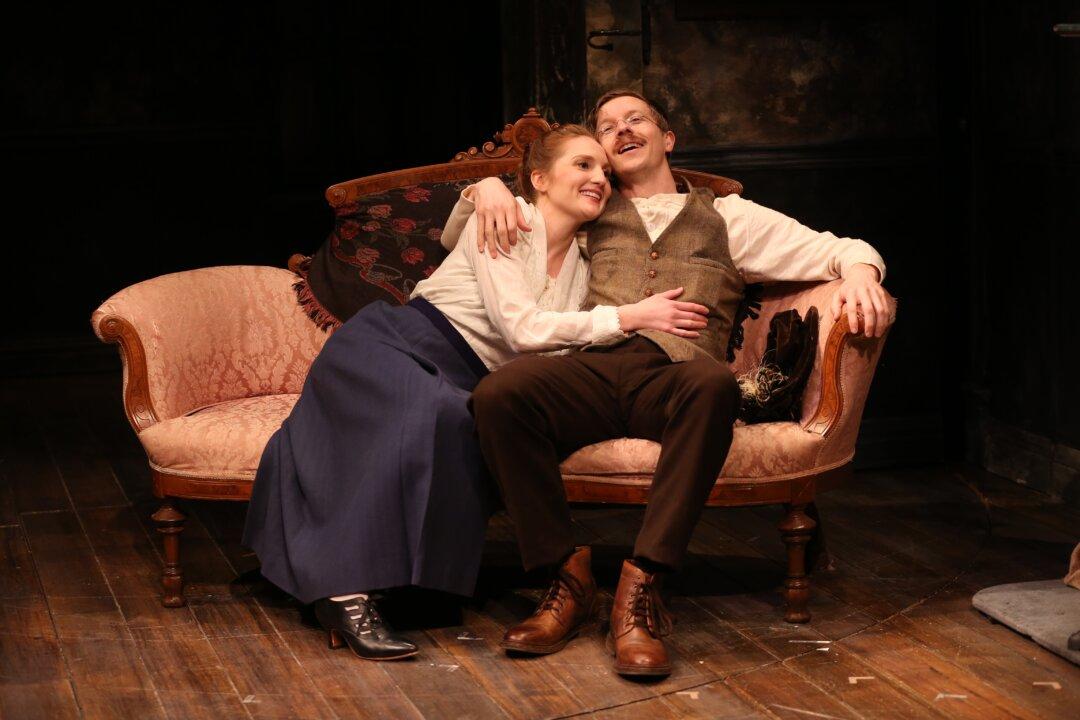NEW YORK—The Irish Rep continues its important task of presenting the entire Sean O'Casey Dublin Trilogy, as it’s come to be known, with the third in the trilogy: “The Plough and the Stars.”
All three plays are set during various bloody conflicts with England at the beginning of the 20th century. And each play—“The Shadow of a Gunman,” “Juno and the Paycock,” and now “The Plough and the Stars"—stands alone as a theatrical achievement, with a mix of tragedy and comedy.





